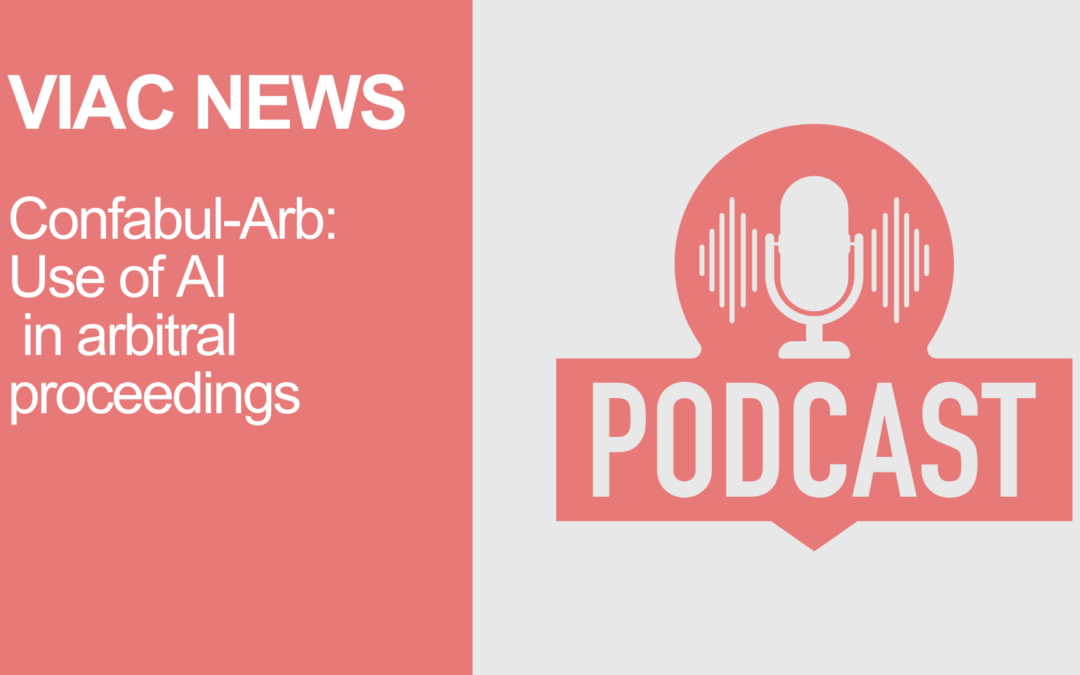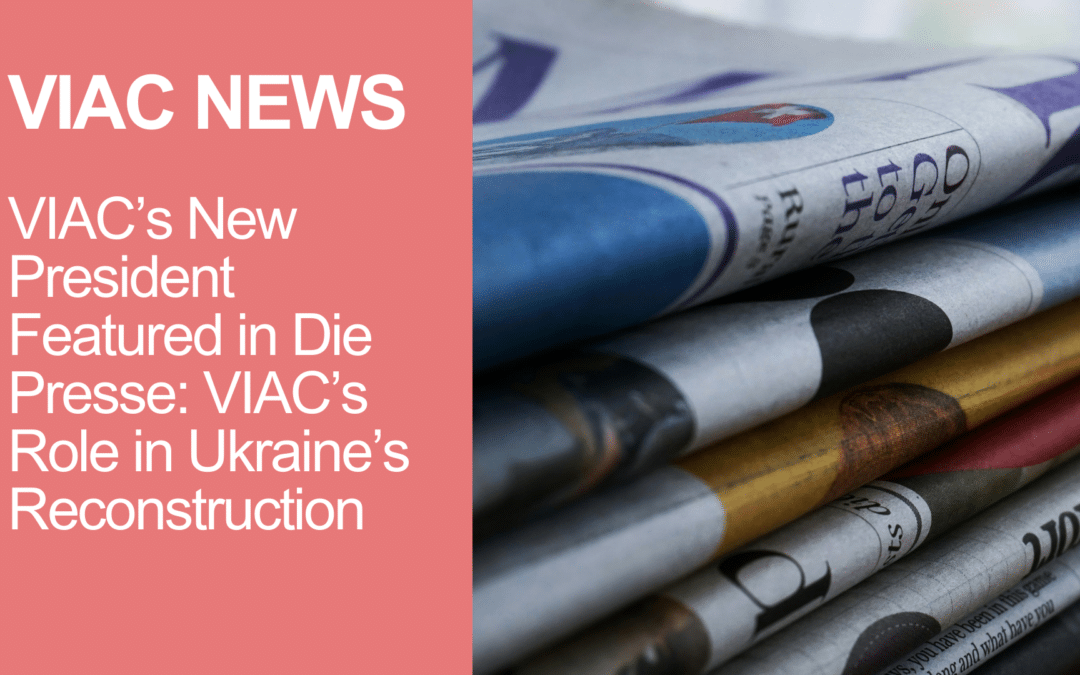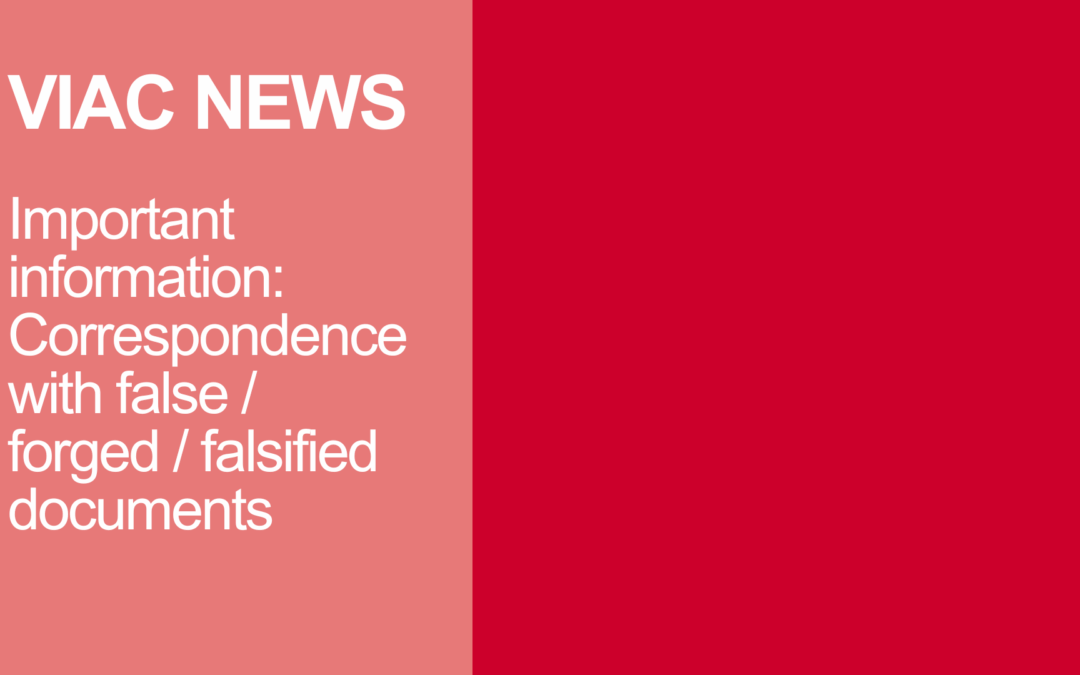News

Arbitration and AI Ethics: Insights from VIAC’s Secretary General on the Confabul‑Arb Podcast
In the latest episode of Confabul‑Arb, VIAC Secretary General Niamh Leinwather joins host Piyush Pandit to explore one of the most important developments in modern dispute resolution: the rise of Artificial Intelligence in international arbitration. The discussion...

VIAC’s New President Featured in Die Presse: VIAC’s Role in Ukraine’s Reconstruction
Franz Schwarz was recently interviewed by the Austrian newspaper Die Presse in its renowned legal section “Rechtspanorama". In the interview, Franz Schwarz discussed the crucial role arbitration can play in rebuilding Ukraine and ensuring legal certainty for...

The Fourth VIAC CAN Congress: Cultivating Ideas into Impact
📌 The Fourth VIAC CAN Congress: Cultivating Ideas into Impact The VIAC CAN Congress plays a vital role in advancing the objectives of the VIAC Community Ambassador Network (VIAC CAN). By bringing together leading professionals from across the network – including our...

Interviews with Our Editors: In Conversation with Niamh Leinwather, Secretary General of the Vienna International Arbitral Centre
As part of the “Interviews with Our Editors” series by Kluwer Arbitration Blog, our Secretary General Niamh Leinwather was invited for an interview. Interview insights: - VIAC’s evolution- Recent updates to the Vienna Rules- The institution's vision for the next 50...

Important information: Correspondence with false / forged / falsified documents
Dear users, Please note that currently there seem to be false / forged / falsified documents in circulation that give the impression of originating from VIAC as they (falsely) use our logo. They also often refer to fictitious VIAC proceedings and case numbers that do...

VIAC at 50: Photo gallery

VIAC Publishes a Note on the Use of AI in Arbitration Proceedings
Given how rapidly the tech sector is growing, accelerated digital transformation and innovation will continue to impact the ADR landscape in years to come. Both opportunities and risks arise from the use of AI in the context of arbitration proceedings. To ensure that...

